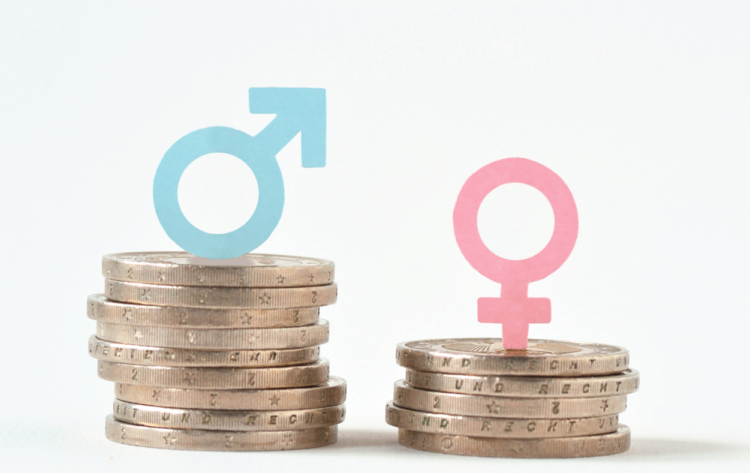The average female employee only starts getting paid for the year from today (23 February), according to the Trades Union Congress (TUC).
Dubbed Women’s Pay Day by the unions’ umbrella body, its analysis found that average working woman effectively works free of charge for 54 days – almost two months – compared to her male counterpart.
Highlighting that the gender pay gap is currently just under 15%, the TUC is calling on the government and employers to do more to support working mums.
General secretary Paul Nowak said: “Working women deserve equal pay. But at current rates of progress, it will take more than 20 years to close the gender pay gap.
“That’s just not good enough. We can’t consign yet another generation of women to pay inequality.”
The analysis further revealed that women work for free even longer in some industries and parts of the country where the pay gap is wider. The South East of England has the largest gap of 17.9%, with female employees working 65 days for free until 6 March 2023.
By sector, women working in finance and insurance sectors have the greatest gender pay gap (31.2%), working around 114 days for free until 23 April this year.
Nowak believes that these figures show that just publishing gender pay gaps isn’t working. He suggests companies should be legally required to publish action plans to explain what steps they will take to close their pay gaps, with those who don’t comply being fined.
He added: “The pandemic highlighted that we can do more to help women balance their caring responsibilities and work. Flexible working is key to keeping mums in jobs and is our best way of closing the gender pay gap.
“We should change the law so that all jobs are advertised with all the possible flexible options clearly stated. And all workers must have the legal right to work flexibly from their first day in a job.”
Additionally, the research found that older women have to wait even longer until they start being paid since the gender pay gap is widest for them. The greatest gap is for women aged 50-59 years old (20.8%), who work 76 days for free until 16 March 2023. Women aged 60-plus work 67 days for free until 8 March 2023, with a gender pay gap of 18.4%.
Nowak highlighted that childcare and parental leave also need to be an area of focus for the government, since it’s clear that the gender pay gap widens dramatically once women become mums.
He said: “We need ministers to fund childcare from the end of maternity leave to support working parents – along with better wages and recognition for childcare workers.
“And both parents need to be able to share responsibility for caring for their kids. Dads and partners need better rights to well-paid leave that they can take in their own right. Otherwise, mums will continue to take on the bulk of caring responsibilities – and continue to take the financial hit.”












